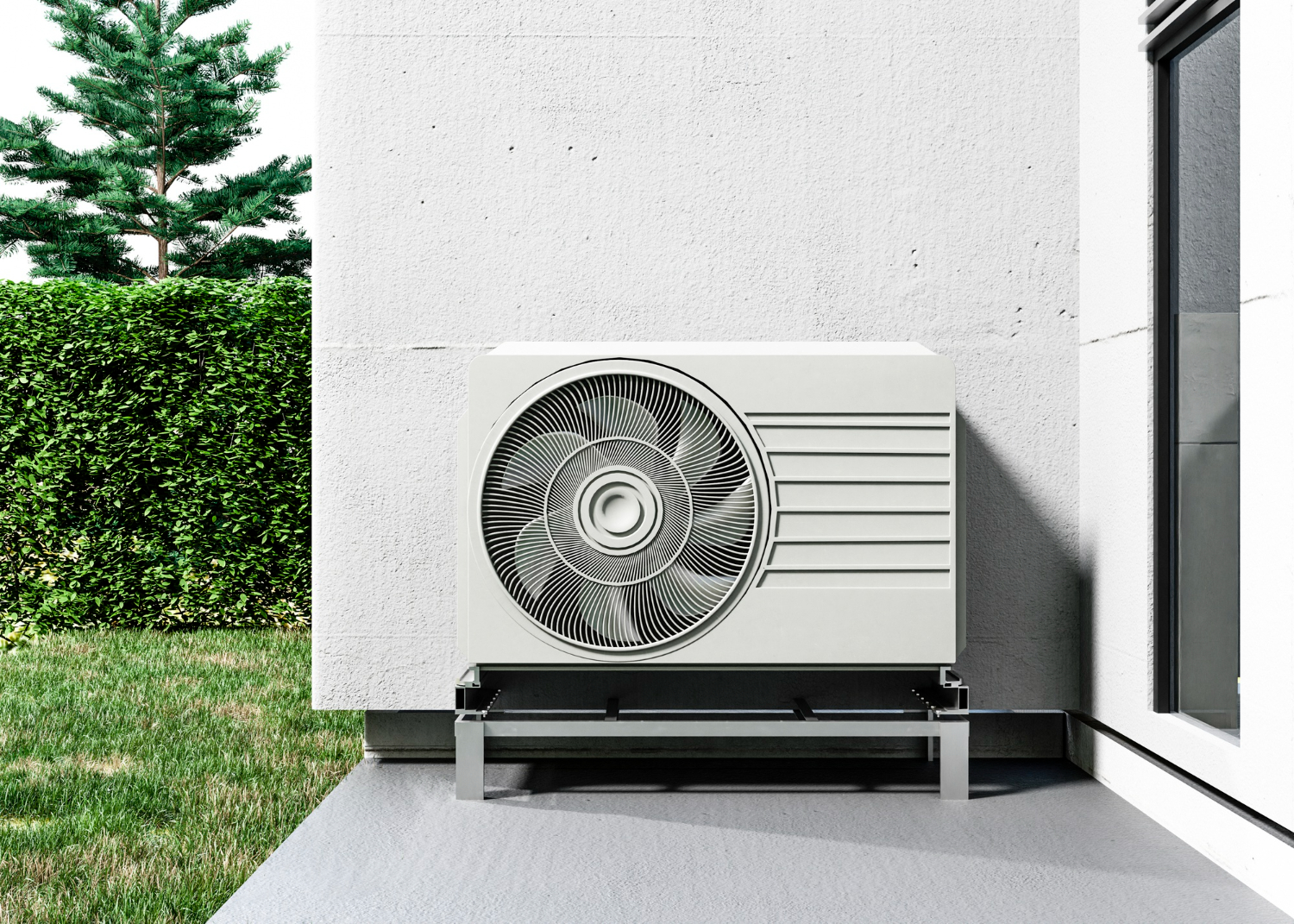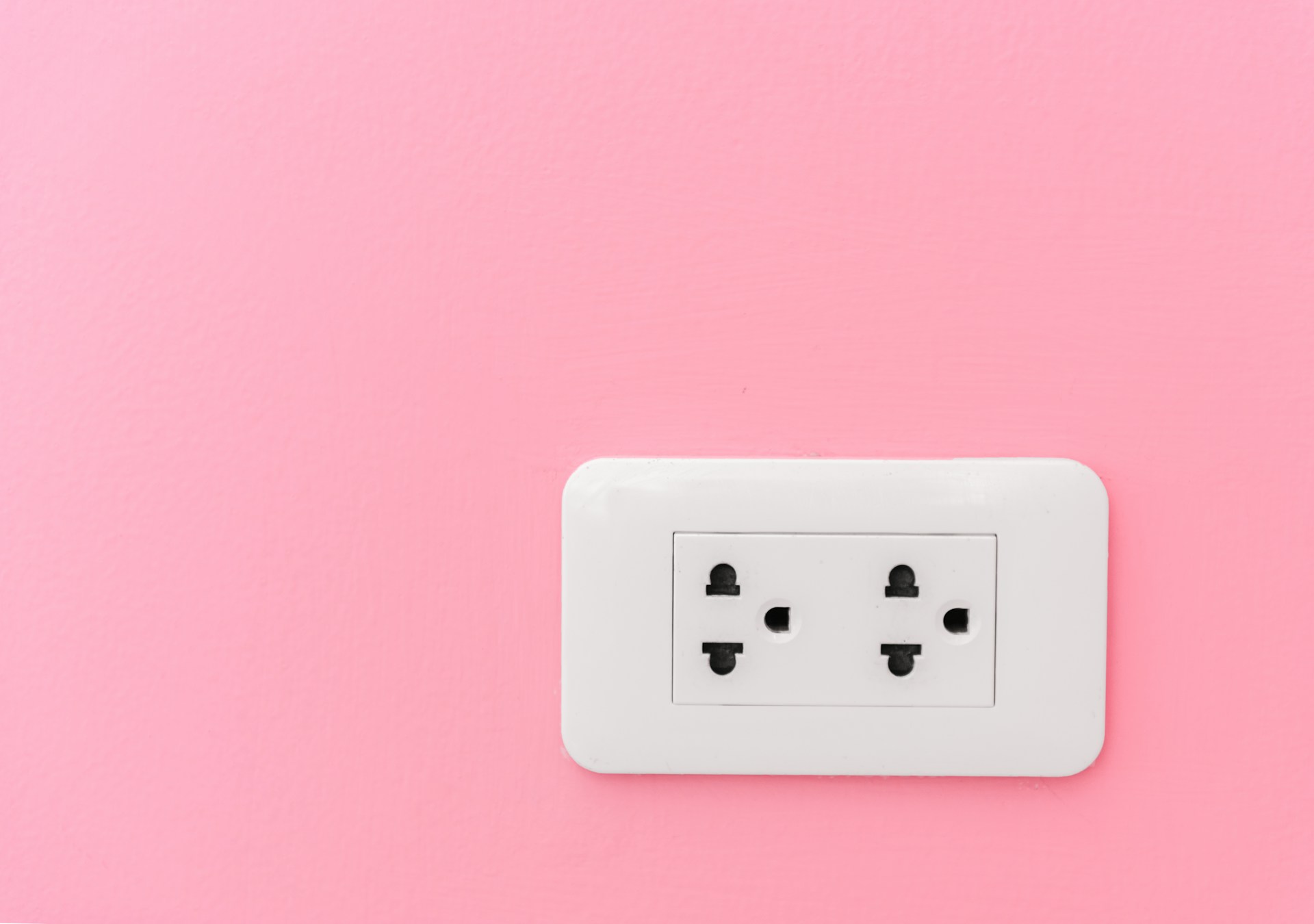
Whole Home Generator Runtime Errors: Understanding Alert Messages

When the power goes out in Concord, a whole home generator becomes more than just a backup plan. It’s the system that keeps your household lights on, your refrigerator running, and your daily routine intact. But even reliable generators can run into problems, and when they do, the system’s alert messages and error codes are the best indicators that something needs attention. Ignoring these signals can lead to power loss when you need it most, so understanding what they mean is a smart step toward keeping your home powered smoothly.
Whole home generators are built to run automatically and without much input from the homeowner. Still, they’re not immune to technical issues. Runtime errors and warning messages offer important clues and often act as an early warning system for potential problems. The trick is knowing how to read these alerts and deciding when to call our professionals for help. Staying informed now helps reduce bigger problems down the line and gives you peace of mind knowing your system is ready when you need it.
Common Runtime Errors in Whole Home Generators
Owners of whole home generators often face recurring system alerts or unexpected shutdowns. These situations can catch homeowners off guard and might cause unnecessary stress if the meaning behind the alert isn’t clear. Whether it’s the middle of a summer storm or a scheduled power outage, no one wants to be left without electricity because of something preventable.
Here are some of the most common runtime errors you might encounter:
- Low Oil Pressure: This warning usually shows up before any damage occurs. If oil pressure drops too low, the generator may shut off to prevent engine damage. This could be due to low oil levels or an oil pump problem.
- Overcrank: If the generator tries and fails several times to start, it may shut down and show this error. The issue could be a dead battery, a fuel delivery problem, or even a clogged filter.
- Undervoltage or Overvoltage: These alerts suggest the generator is producing electricity at levels outside the expected range. This could affect appliances in the home and points to a need for inspection of the voltage regulator or related parts.
- Engine Overspeed: When the engine runs faster than its limit, it can damage internal parts. This alert tells you the generator has turned off to protect itself. A failed governor or control board issue is often the cause.
- Battery Charger Failure: Whole home generators rely on a charged battery to start. If you get this error, it could mean the onboard battery charger is malfunctioning or has failed completely.
Not all alerts mean a serious problem, but they all deserve attention. For example, if you keep seeing the same alert each time your system starts, that’s likely a sign something isn’t working the way it should. One Concord homeowner saw an engine overspeed alert pop up multiple times over the course of a few weeks before the system stopped working during a summer outage. A routine inspection revealed a faulty speed sensor that would have been an easy fix if handled sooner.
Fixing small issues before they become outages starts with learning what the messages mean. Responding early makes a difference when your home depends on reliable emergency power.
Understanding Generator Alert Messages
Alert messages on your generator’s control panel act like a built-in diagnostic tool. These alerts may appear during regular self-tests or when the generator runs during an outage. It’s easy to dismiss them if everything seems fine, but they’re often the system’s way of giving you useful information. Knowing how to interpret these warnings can help you act faster and avoid losing power when it matters most.
Some of the alert messages you might see include:
1. Maintenance Reminder – The system will automatically prompt you when routine service is due. This could mean it’s time for an oil change, air filter replacement, or general inspection.
2. Low Coolant Level – Generators use coolant to manage engine temperature. Low levels can cause overheating and engine damage if ignored for too long.
3. Exercise Test Failure – Generators often run short self-tests weekly to keep the engine ready. If this alert shows up, it means the self-test failed and should be checked.
4. RPM Sensor Loss – This means the controller is unable to track engine speed. It may prevent the generator from running or cause shutdowns during operation.
5. Emergency Stop Activated – This shows that someone manually activated the emergency stop switch. It’s a safety feature, but if it wasn’t intentional, the system needs to be inspected.
Rather than trying to guess what went wrong, these alerts narrow down the cause. The clearer the message, the easier it is for our technicians to pinpoint and fix the issue. Having that clear line of communication between your generator and the homeowner saves time, especially during heatwaves in Concord when reliable power is needed most. Keeping an eye on alert messages is one of the simplest ways to protect your system’s performance and your home’s comfort.
Steps to Address Runtime Errors
When a whole home generator in Concord triggers a runtime error, quick response is key. These alerts are designed to stop an issue from turning into something worse. While the control panel provides useful information, knowing what steps to take next makes all the difference.
If your generator displays an alert or shuts down, here’s what you should do:
1. Read the Error Code: Most generators will give a short code or message. Write this down exactly as it appears. This helps our technicians quickly understand the problem.
2. Power Down Safely: If the unit is running but showing a warning, shut it off using the manufacturer’s procedure. This avoids damage to the system or connected appliances.
3. Check for Obvious Issues: Look for easy-to-spot problems like low oil levels, empty fuel tanks, or tripped breakers. Don’t attempt to make repairs, but noting what you see can help guide the technician.
4. Don’t Reset Without Understanding the Error: Some systems have a reset button. It might be tempting to press it and hope the issue goes away, but doing this without resolving the root problem will likely cause the same alert to return.
5. Call Our Professionals: If it’s anything beyond basic checks, contact our professionals. Generators have complex systems involving fuel, power, and sensors. A certified technician can diagnose and fix the issue safely.
One common mistake homeowners make is ignoring repeated alerts because the generator seems to run fine after a reset. Letting it run with unresolved faults increases wear and reduces reliability when you need it most. For residents in Concord where summer outages can put extra stress on your electrical system, making sure your generator handles demand without interruption starts with dealing with error messages the right way.
Preventative Maintenance Tips
Routine care and maintenance help prevent problems before they disrupt your home’s power. While generators are designed to run without needing constant attention, scheduled checks go a long way toward avoiding breakdowns. Seasonal changes and increased load during events like heatwaves mean your system should be ready to work under stress.
Here are five ways to keep your generator operating at peak condition:
- Inspect Monthly: Look for fuel leaks, check oil levels, and listen for unusual sounds during test runs. These basics help catch problems early.
- Run Routine Self-Tests: Most units run automatic exercise tests weekly. Let them run, and pay attention if the test fails or seems shorter or louder than usual.
- Keep the Area Clear: Debris, tall grass, or stored items near the generator can block airflow or venting, leading to overheating or sensor errors.
- Monitor Fuel Supply: If you use liquid propane or diesel, check tank levels. Low fuel can cause startup issues or incomplete runs during outages.
- Schedule Professional Service: Have our technicians inspect your system once or twice a year. They’ll check wiring, sensors, and engine components and perform tasks like load bank testing that go beyond homeowner inspections.
With steady maintenance, you reduce the risk of your generator failing when the grid goes down. Living in Concord means preparing for increased summer power needs, and these simple steps help build that confidence in your backup power system.
Ensuring Reliable Power for Concord Homes
Whole home generators play an important role in keeping homes in Concord powered when the utility grid cuts out. But like any machine, they need attention now and then. Whether it's a sudden runtime error or just a blinking message on the control panel, these alerts exist to help keep things running smoothly. Ignoring them or trying to guess what’s wrong won’t keep the lights on long-term.
Understanding what the alerts mean and taking timely action keeps your generator ready for when your home needs it most. By pairing awareness with regular inspections and the right maintenance schedule, you can get more dependable performance, fewer surprise breakdowns, and better peace of mind during outages. When in doubt, let our technicians handle the complex stuff. They’ve dealt with these systems enough to keep yours working the way it should.
If you need reliable support when your system shows error alerts, our professionals can help ensure your backup power stays dependable during outages. Regular care and timely response can keep problems from becoming bigger issues, and understanding alerts can be the difference between a smooth experience and an unexpected shutdown. Green Air Heating and Air Conditioning, Inc is here to assist you in keeping your system in top shape, so consider exploring our services for whole home generators in Concord, and for a quick estimate or to book a service visit, please contact us today.
Customer Testimonials
Our clients love the energy solutions we provide!
Ready to Transform Your Home?
















